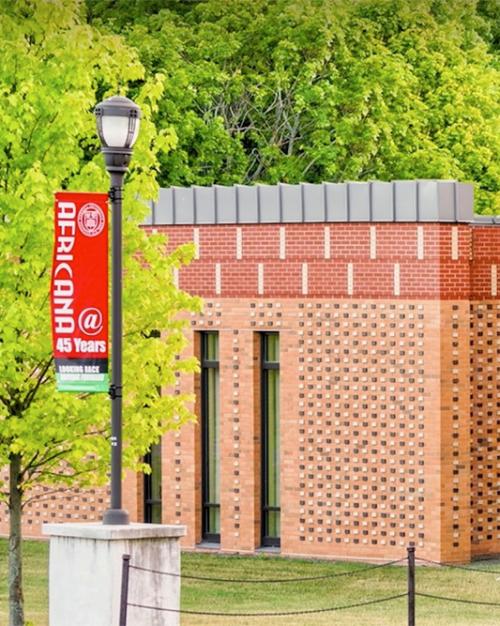Not too long ago, a report in the social section of one of our national dailies caught my eye. One of the celebrants was identified as “Princess, Olori, Deaconess X”. Of course, I have been around long enough to know that such collocations are standard fare in my homeland. Yet, it caught my eye. More recently, I discovered via another public announcement that Town Planners, too, have joined architects, and sundry other professionals—pharmacists, engineers, etc.—in self-identifying as such in their designation in all spheres of life way beyond the confines of their professional memberships.
No doubt, we are too familiar, those of us who travel to other African countries and interact with other Africans in various situations across the globe, with the many jokes about our love of titles in this neck of the global human woods. Beyond the jokes lies the ugly fact that surreptitiously, and quite firmly, we have transitioned into a country drowning under the baggage of honorifics while the phenomenon of honour, the very idea that the honorific is designed to tag, to symbolize, to mark, has become less and less a presence in our personal, professional or, most importantly, collective lives. This is the theme I wish to expound upon in the rest of this discussion.
Time was, at least, in Yorùbá culture with which I am exceedingly familiar, when death was preferable to living in ignominy. There are multiple variations on this theme in the culture’s usages. It was said that when a military general was cornered, rather than capitulate, he would eat a leopard’s liver. The belief was that the liver was lethal. In both cases, what is under reference is an insistence that there was no substitute for honour—living your life above reproach, keeping your word, refraining from behaviour that would tarnish your reputation for clean, honest living, characterized by consideration for others, scruples and staying within the bounds of decency—even if you are the privileged owner of untold riches, high office, multiple titles, widespread popularity, and such like. The idea is that honorifics—the fact that you are a chief many times over, you are of the professional class, etc.—are no more than empty shells once they become bereft of the honour that is supposed to be their content, the real root of which the honorific flower is merely an adornment.
I argue that the proliferation of honorifics—chief, alhaji, Jerusalem pilgrim, town planner, architect, pharmacist, engineer, pastor, general overseer, supreme evangelist, bishop, archbishop, alfa, and so on, and so forth—in our life, public and private, is in inverse proportion to the increasing dearth of honour in our lives.
Read the entire article from PM News in Nigeria





